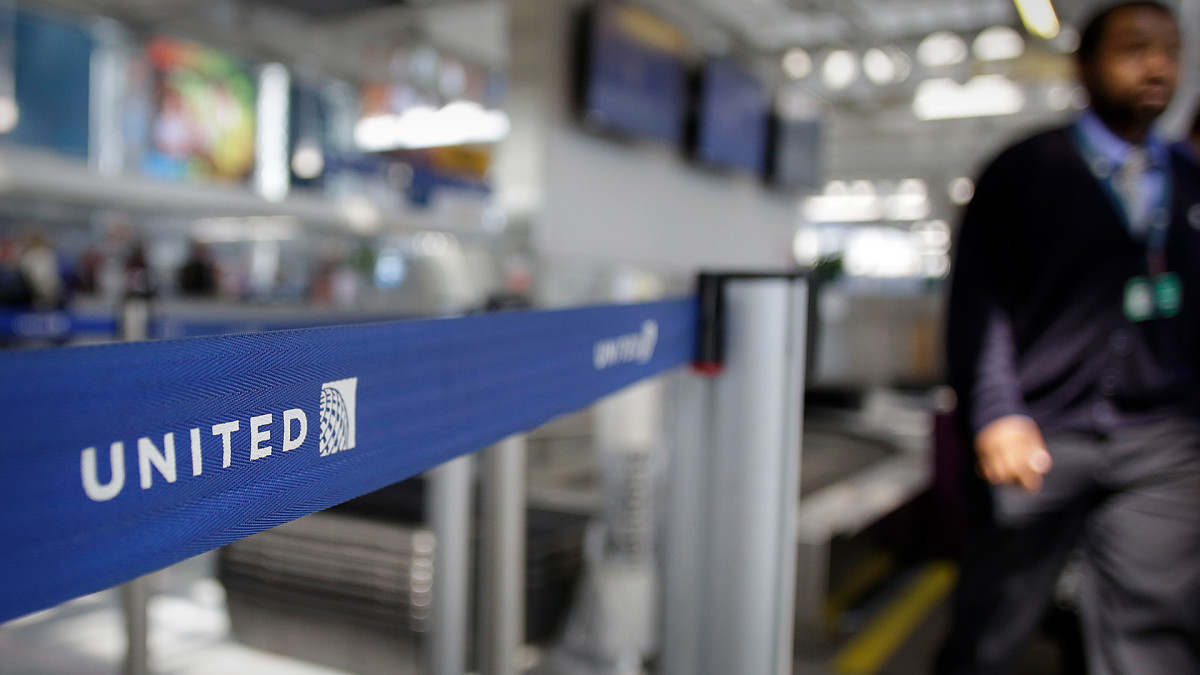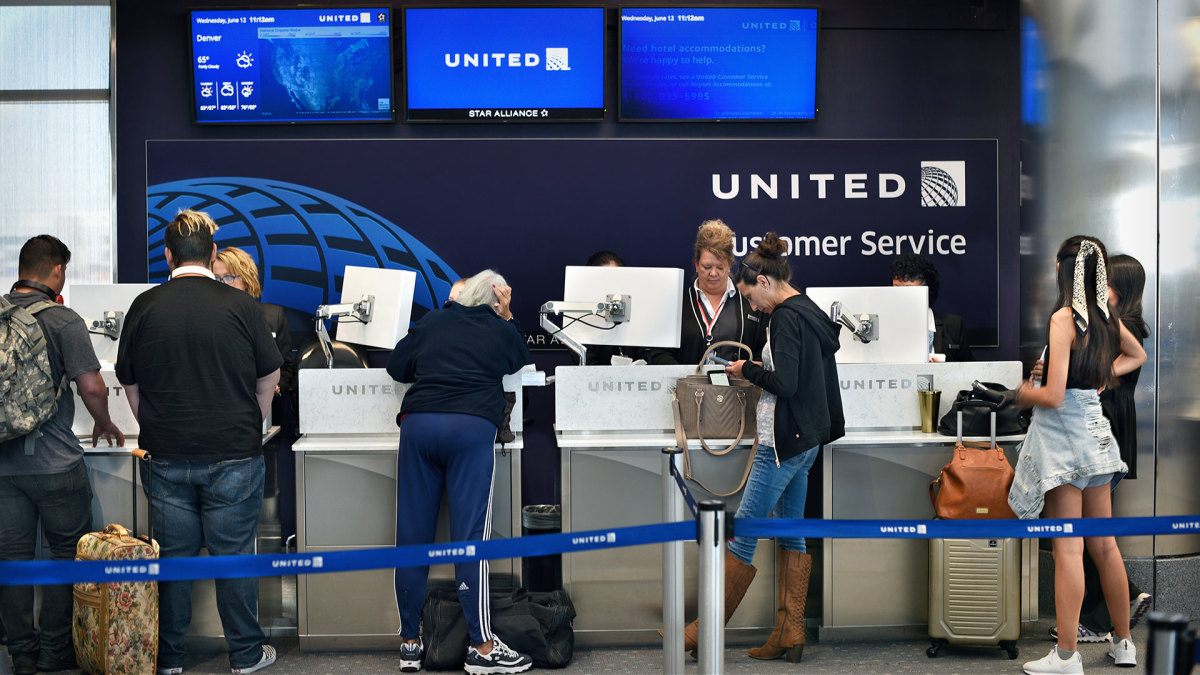
Southwest Airlines employs a controversial boarding process that some people love and others most decidedly do not.
The airline does not assign seats; instead, it boards its planes using a variety of boarding groups. Most passengers get assigned a boarding group based on when they check in for their flights. They can do that 24 hours before their flights. Southwest Airlines (LUV) -) also offers passengers various ways to get on board faster.
Related: American Airlines cut all international flight out of this major city
On most flights you can pay for so-called Early-Bird check-in, where the airline automatically checks you in before passengers check themselves in. That does not guarantee a passenger a spot in the A group — the first regular group to board — but it generally gets you one.
Southwest also sells pricier Business Select seats, which come with an A 1-15 boarding position. And if those 15 spots don't sell out, passengers at the airport can pay to upgrade to them.
In addition, the airline's top-tier Rapids Rewards loyalty members get the equivalent of Early Bird check-in as part of their status. They can also board after the A group but before the B group, if they don't have an A group boarding pass.
It's a unique system, based on simple economics. The airline rewards its most loyal customers and the ones who pay the most.
Rival United Airlines (UAL) -) recently changed its boarding process, and while it protects frequent flyers, it does not enable people who paid higher prices for aisle seats.

Image source: Robert Alexander/Getty Images
Why United, Southwest, and all airlines want quick boarding
Airlines operate on tight schedules that can quickly fall apart if a flight gets delayed.
So turning the planes quickly — getting passengers off a plane and the new passengers on — becomes very important. That task is made more difficult as more passengers have been bringing on board carry-on bags that must be stored in overhead bins.
When an airline assigns seats, passengers generally want to board as soon as possible so they can put their carry-ons in overhead bins. If those spaces fill up before a passenger boards, the airline can force them to gate-check their bag.
Those passengers will thus have to wait at the baggage carousel for their luggage, which takes time. Airlines don't want this to happen on the plane, as it forces bags to be passed back to the front when the plane's aisles are crowded. So sometimes bags will be gate-checked even before overhead space runs out.
To put it simply, airlines don't make money when their planes are on the ground, so getting them flying as much as possible drives revenue.
United Airlines turns to Wilma for boarding
In October, United Airlines switched a boarding system affectionately known as Wilma, a loose acronym for window-middle-aisle. The airline has framed this change as designed to help passengers.
"To help save customers valuable time during their travels, United recently introduced a new Wilma, or window-middle-aisle, boarding system, which can save up to two minutes onboarding per departure," the airline said on its website.
The problem is that this system punishes customers who have paid extra for Economy Plus seats.
Those added fares vary, but on a recent mock booking for a January flight from Fort Lauderdale to New York, going from Economy to Economy Plus cost at least $75 each way. United also offers some added-charge economy seats, which are seats it deems as being in better locations.
Under the new boarding system, preboarding passengers board first, followed by first and business class, along with Platinum and Gold loyalty program members. The next group includes Silver loyalty members and customers who paid for priority boarding.
That's when things get a bit dodgy. After those three groups, both Economy and Economy Plus passengers in window seats board, followed by people in middle seats, with those with aisle seats boarding last.
Customers pay extra for Economy Plus seats and certain economy seats, but if they're sitting in a middle or aisle seat, they will board later. That means that aisle-seat customers who paid a premium are likely not to have access to overhead bins and may have to gate-check their bags.
That won't be an issue in 2025 (or so) when United finishes updating its fleet, but it's a significant current problem that will anger passengers who paid premium prices to board last.
Action Alerts PLUS offers expert portfolio guidance to help you make informed investing decisions. Sign up now.







